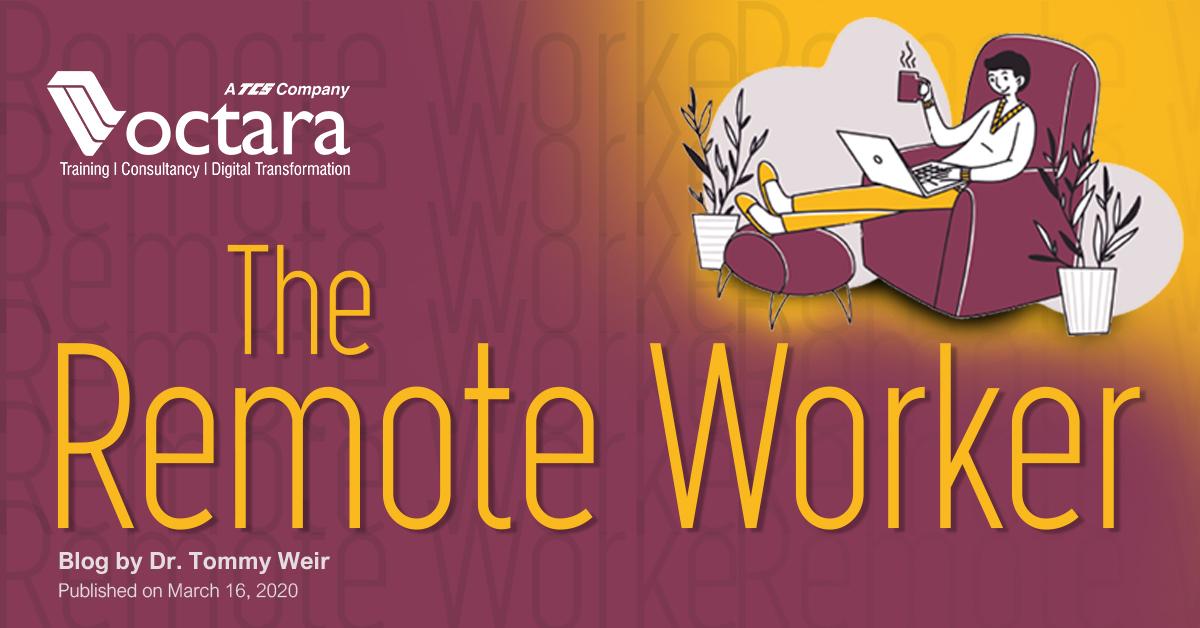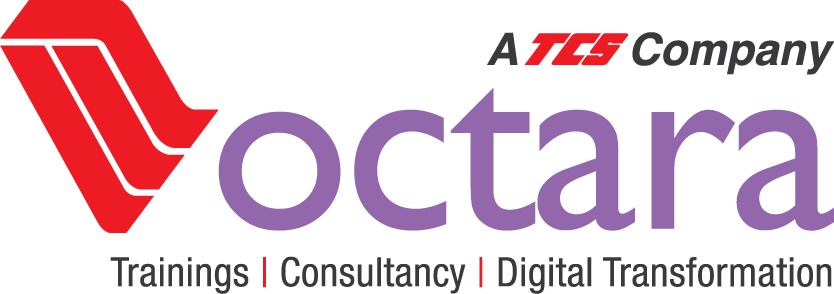
It’s official: coronavirus is now a pandemic. But, the question on my mind is, what will the impact be beyond the virus? What are the implications for life as we know it? For many, switching into crisis mode effectively means switching off – temporarily at least. The NBA has suspended its season indefinitely, schools are sending students online, airlines are grounding planes, and borders are being closed.
But while the eyes of the world focus on slowing the spread of infectious disease, a different phenomenon is growing stronger by the day – another pandemic, you might say – and it promises to change the shape of business and economies for good. I’m talking about the remote worker, a mutation in the workplace DNA for which there is no cure.
The phenomenon is not new; working from home has been a growing trend for a decade or more, but the spread of COVID-19 is pushing the idea to the next level. Soon, working remotely might not just be the preference or privilege of the few, it could be mandatory for the masses, with side effects lasting long after a vaccine for the virus is developed.
For some companies, the migration from office to armchair has already started. Google parent company, Alphabet, has asked the bulk of its workforce to stay home, and other tech giants including Facebook, Twitter and Amazon have taken similar steps. Meanwhile, JP Morgan Chase is asking the same of its New York employees. For now, they are requests, but they could soon become orders.
As governments and corporations hammer away at their calculators, the economic impact of a forced employee exodus is yet unknown, but it is something that, virus or no virus, 21st century business leaders should be planning for.
Do you know how you would handle a remote workforce? Come to that, do you know how you would handle life as a remote leader yourself?
Advice on how to work from home is starting to flood social media faster than you can say ‘coronavirus’: Dress as if you’re going to work. In the absence of a boss, make your own schedule. Don’t nap. Go out for walks. Meanwhile, some seasoned remote workers laugh at those who prefer the conventional approach to employment. To paraphrase one writer for The Guardiannewspaper: Your preferred environment is an open plan hellscape rather than your own kitchen where you can sing to rap music out loud before taking an afternoon bubble bath? “Clearly you have Stockholm syndrome,” she concludes.
Some suggestions about how to handle the ‘remote’ life are practical, some hilarious, but they all point to a shift of seismic proportions. The workplace is changing. The nine to five office job is dying a death in many cases, and COVID-19 might just be the nail in the coffin. Sure, sending people to work from home is a temporary measure. But what if it works? What if they don’t come back?
The probability is high that the hiatus from the office commute will shape the way we work. Personally, I’m not a raving fan of remote work for the simple reason that freedom comes with a cost: personal growth and development. Building these is a primary responsibility of front-line managers, and if they’re not great at it now, just think how much worse they would be from a distance.
Fortunately, we work in systems that contain huge volumes of underutilized data, and it is here that AI-powered leadership solutions can help. AI technologies don’t care if your employees are on a flight, at a desk or laying on a sun lounger; by drawing on your existing company data, they can measure productivity, motivate teams and help grow your business, wherever you are.
The arrival of coronavirus is a wakeup call. If you have not considered how you and your company would operate in a remote world, then it’s time to get started – and at the center of your considerations should be the productivity of your people.
Source: https://www.linkedin.com/



